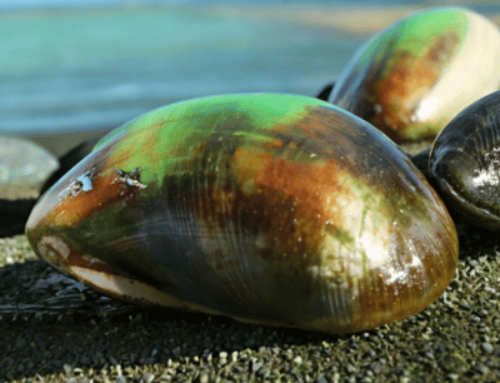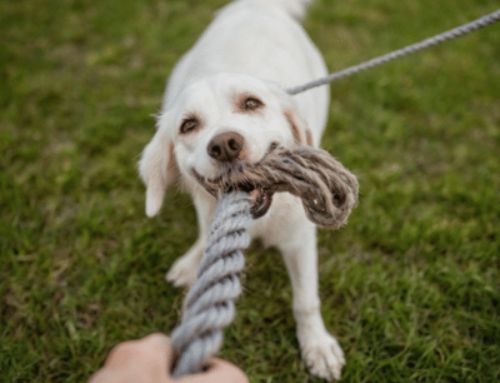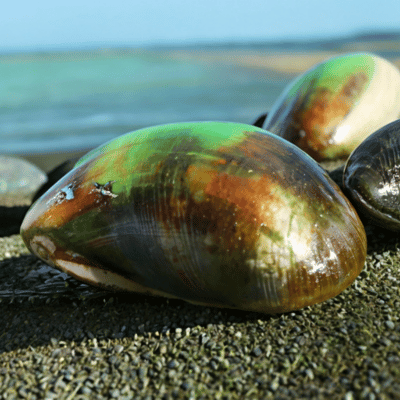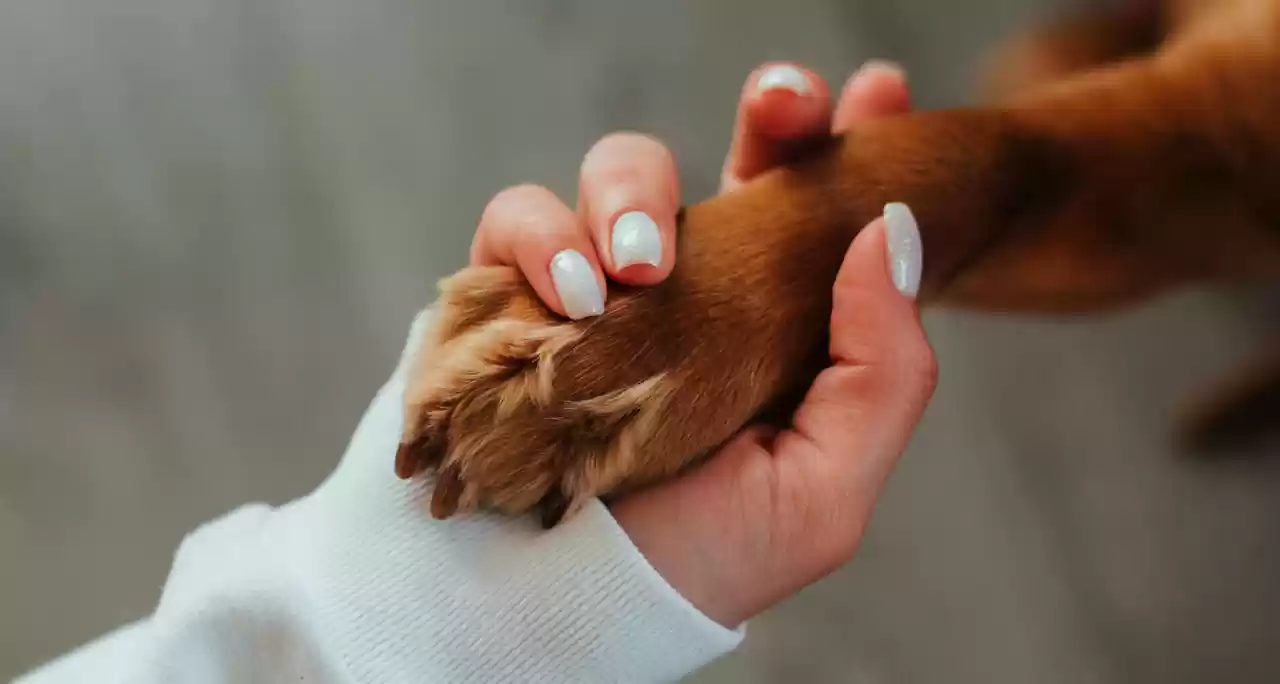All of our recommendations are made after having done independent research on them. If you click on links we provide, we may receive compensation.
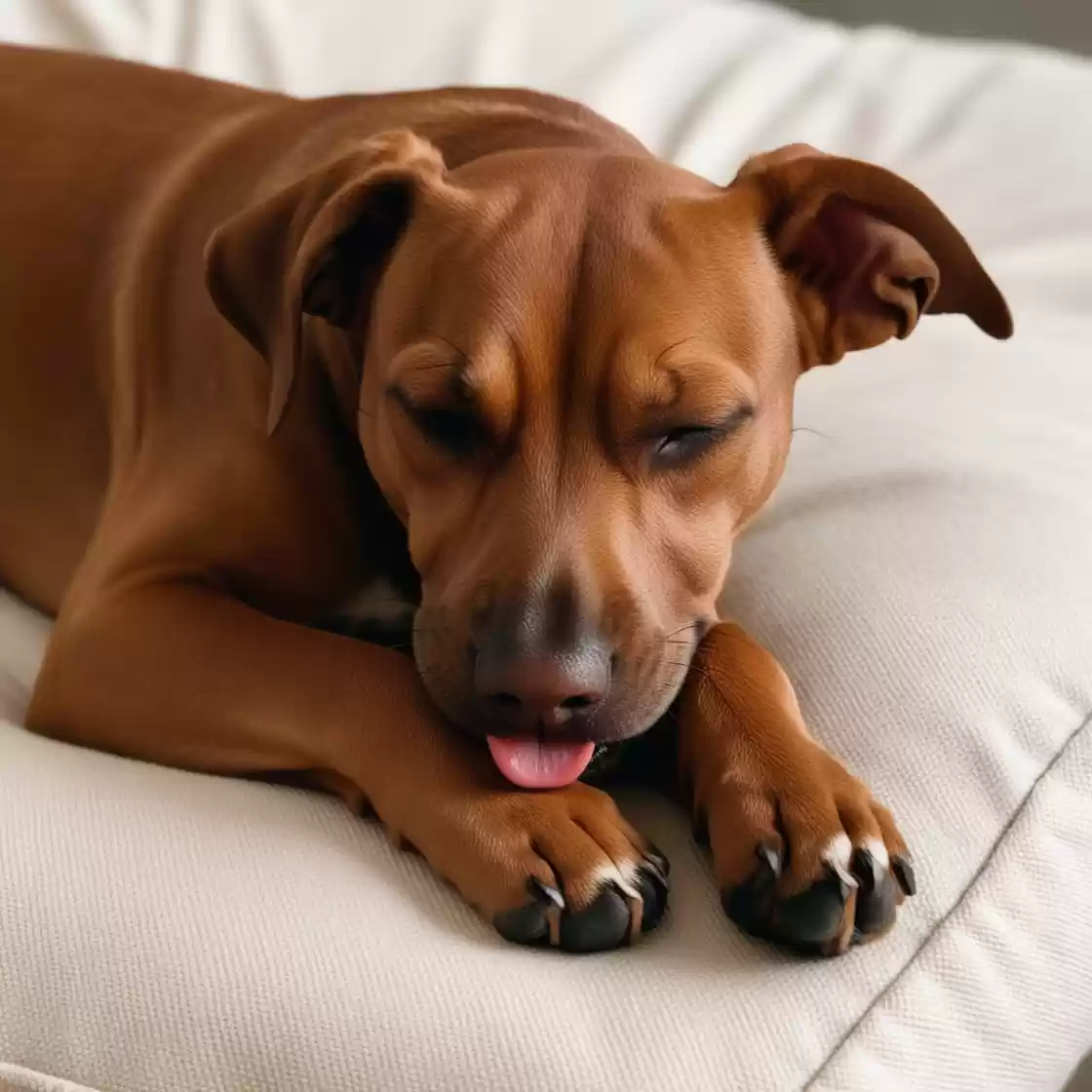
how to stop dog from licking paws home remedy
by Arsh deep
Overview
Lets go!
As pet parents, we always hope that our dogs will have a smooth and healthy skin so that they do not have to lick their paws constantly. Such behavior may cause skin problems and is usually indicative of other conditions. I have experienced this with my own dog, Max, that had a compulsive paw-licking disorder. I also researched for home remedies that I tried and found to be more helpful in my case. This is what we found effective and might be effective for your pet dog as well.
Understanding the Why Behind the Licking
However, to get to the remedies, it is essential to know the causes of excessive paw licking in dogs. From my experience and consultations with veterinarians, common reasons include: From my experience and consultations with veterinarians, common reasons include:
- Allergies: From pollen, certain types of foods or even cleaning materials, dogs are also known to have allergies.
- Infections: Skin infections by bacteria or fungi may lead to itching and irritation of the skin.
- Injuries: This behaviour may result from an injury that the dog has acquired such as cuts, splinters or any other form of injury that may cause it to continuously lick the affected area.
- Parasites: Fleas and ticks are known to cause itching and irritation.
The general rule of thumb is to always consult your vet first to eliminate any severe health problems before attempting home remedies.
Home Remedies to Stop Paw Licking
Here’s a roundup of practical, home-based solutions that worked wonders for Max and might help your dog too: Here’s a roundup of practical, home-based solutions that worked wonders for Max and might help your dog too:
1. Oatmeal Soaks
Oatmeal is not only a cereal that we take in the morning, but it also helps in treating itchy feet. According to the findings made in the course of the study, oatmeal can help to reduce skin inflammation.
- Ingredients: Plain oatmeal.
- Instructions: Grind the oatmeal into a fine powder and mix it with warm water to create a paste. Soak your dog’s paws in this mixture for 5-10 minutes. This remedy helped Max significantly, calming his irritated skin and reducing itching (Journal of Veterinary Dermatology).
2. Apple Cider Vinegar Rinse
The Apple cider vinegar (ACV) is well known for its bacterial and fungal properties. This remedy was effective in treating Max ‘s occasional paw infections.
- Ingredients: Half and half, water and ACV.
- Instructions: Mix the water and ACV and apply it to your dog’s paws using a cotton ball or clean cloth. Be cautious if your dog has any cuts or abrasions, as ACV can sting (Journal of Applied Microbiology).
3. Coconut Oil
Coconut oil is one of the oils I have come to like in our home. This aspect was particularly beneficial to Max in that it helped to improve the condition of his dry and itching paws.
- Ingredients: Organic coconut oil.
- Instructions: Gently rub a small amount of coconut oil on your dog’s paws. It can help soothe and moisturize dry, irritated skin, and the added benefit of its antimicrobial properties helps keep infections at bay (Veterinary Dermatology Journal).
4. Aloe Vera Gel
This cactus like plant is popular for its skin healing qualities. I learnt that it helped soothe the irritation on Max’s paws.
- Ingredients: Organic aloe vera gel without other additives in its composition.
- Instructions: Apply a thin layer of aloe vera gel to your dog’s paws. It helps soothe and heal irritated skin. Just keep an eye on your dog to make sure they don’t lick it off immediately (Journal of Veterinary Science).
5. Epsom Salt Soaks
Bathing with Epsom salt was an instant remedy for inflammation and paws that were in pain. This remedy was effective and eased inflammation.
- Ingredients: Epsom salt and warm water.
- Instructions: Dissolve a small amount of Epsom salt in warm water and soak your dog’s paws for about 5 minutes. Make sure the water isn’t too hot to avoid burns (American Journal of Therapeutics).
Preventive Measures and Tips
In addition to these remedies, here are some practical tips that helped Max and might work for your dog too: In addition to these remedies, here are some practical tips that helped Max and might work for your dog too:
- Regular Paw Inspections: You should also be able to inspect your dog’s paws for signs of injury, objects stuck in between the toes, or signs of infection.
- Flea and Tick Prevention: One should consult the veterinarian to get the best flea and tick preventatives to avoid infestation.
- Proper Diet: Feed your dog with properly balanced meals that will help him/her to have a healthy life. There are times when allergies may be controlled with diet changes.
When to go for Professional Assistance
When to Seek Professional Help
However, if your dog continues to chew its paws or you observe other signs such as redness, inflammation or foul smell, you should take your dog to the vet. Constant licking could be as a result of a more serious illness and the cat should be taken to a vet.
The above home remedies if practiced with a little patience and care can help reduce paw-licking of your dog and keep its paws healthy. Please bear in mind that your vet is the ultimate source of information regarding any persistent problem.
Sources:
- Journal of Veterinary Dermatology: Topical Oatmeal Therapy
- Journal of Applied Microbiology: The Antimicrobial Activity of Apple Cider Vinegar
- Veterinary Dermatology Journal: Coconut Oil as a Moisturizer
- Journal of Veterinary Science: Aloe Vera for Skin Healing
- American Journal of Therapeutics: Epsom Salt for Inflammation
1. How often should I use these home remedies?
The frequency of applying the home remedies depends on the degree of the paw licking identified. In general, you can try going for the treatments 2-3 times a week and then increase or decrease the frequency depending on the results obtained with your dog. If your dog’s condition does not get better or gets worse then it is recommended that you stop the use of the product and seek advice from your vet.
2. Are home remedies safe for all dogs?
It is crucial to remember that a lot of these home remedies are safe for your dogs but depending on the health of your dog. For instance, if your dog’s skin is infected or has open wounds, then using some remedies such as apple cider vinegar will only worsen the condition. Remember to always seek your vet’s advice before using any new treatment in your dog.
3. How can I tell if my dog has an allergy causing paw licking?
Some of the symptoms exhibited by dogs that show signs of allergy include licking the skin often, itching, redness, inflammation, skin lesions and can even lose some of their hair. If you think that your dog has allergies, ask yourself if your dog has been in contact with new foods, changes in the environment, or cleaning products. Your vet can give you a clear answer after conducting an allergy test.

